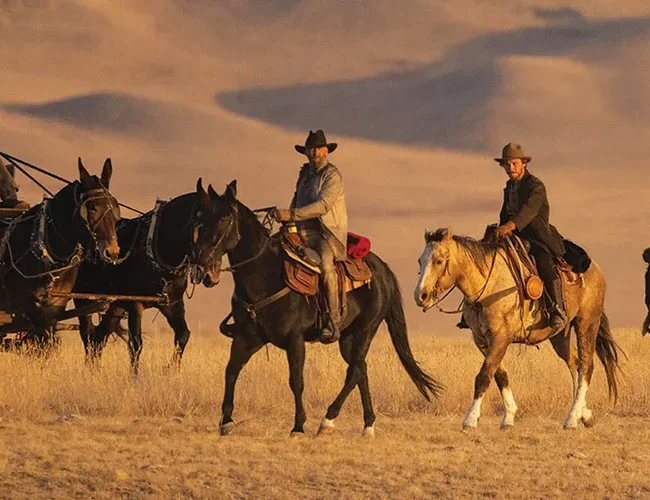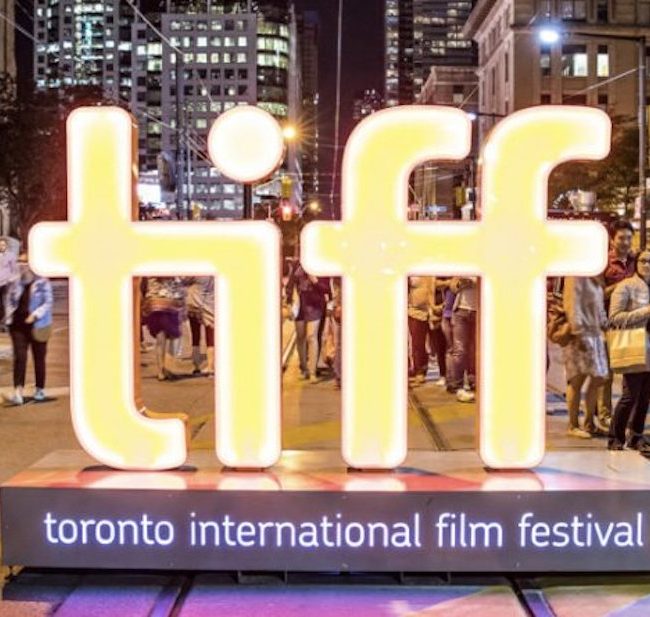RED PENGUINS

(Director Gabe Polsky again trains his documentary lens towards Russia as he looks at the Red Army hockey team’s 1990’s rebranding into a more mainstream, Americanized hockey team. Like what you see here on Hammer to Nail? Why not pay just $1.00 per month via Patreon to help keep us going?)
The 1990s in Russia were a tumultuous time. Following 74 years of existence, the Union of Soviet Socialist Republics (or USSR, or Soviet Union) collapsed, the logical conclusion to the wave of liberalization sweeping through Central and Eastern Europe and the overthrow and/or abdication of most of that region’s communist governments. The original founding of the country, in 1917, itself followed a violent revolution that ended 304 years of the Romanov dynasty. That dynasty had, itself, emerged from a period, known as the “Time of Troubles” (or “smutnoe vremya”), following the end of the Rurik dynasty, whose Ivan the IV (more commonly called “Ivan the Terrible”) had crowned himself the first Tsar of Russia and helped launch an empire after centuries of colonization from the Mongols and subsequent skirmishes and fractured rule. The history of this Eurasian nation is fraught, in other words, and filled with many an autocratic ruler.
Somehow, however, when the Cold War ended, both the ostensibly victorious Americans and the new government in Moscow, headed by President Boris Yeltsin, assumed that a Western-style democracy would have no problem taking root. And so into the void left by the disappearance of once-powerful state institutions rushed foreign business interests, among them representatives from the Pittsburgh Penguins hockey organization, hoping to rescue the ailing Red Army team and perhaps make some money along the way. In his new documentary Red Penguins, director Gabe Polsky (In Search of Greatness) tells the story of what initially went right with this adventure, and then wrong, while also covering quite a lot of details of the period. The resulting movie is both wildly entertaining, filled with boozy tales of backroom deals, and a perfect primer for those struggling to understand the Russia of today, indirectly explaining Vladimir Putin’s ascension to power by contextualizing his rise in the lawlessness that preceded it.
It’s also a great sequel to Polsky’s own 2014 Red Army, where he showcased the achievements of the hockey team that, at the start of this new film, has fallen on some very hard times. We open with some of the aforementioned backstory, and then meet co-owners of the Pittsburgh Penguins, Howard Baldwin and Tom Ruta, along with the young marketing executive they sent to Moscow, Steven Warshaw, who quickly becomes one of the principal protagonists. He was the man on the ground, wheeling and dealing in a crazy Wild West of unfettered capitalism and organized crime which, as we soon learn, were then and are now inextricably linked. Today’s Russian billionaire oligarchs emerged from the ashes of the USSR through a combination of cunning, cheating and brute force, not afraid to intimidate and/or kill their rivals. Given the vast prison-camp system of the Soviet Union and the brutal tactics of the Kremlin today (witness the poisoning, a few days ago, of opposition figure Alexei Navalny), nothing has changed from what was, what is and what, most likely, will be.
And yet, for a while, Warshaw and, by extension, Baldwin and Ruta, had a good time, slowly resurrecting the Red Army team’s fortunes (rebranding as the Russian Penguins) and building an audience of willing spectators. But then, once the money and sponsorships came in, it was only a matter time before “biznesmeny” (gangsters with aspirations of legitimacy) started to take over. Fortunately, all the film’s major players who have not died of natural causes are still with us, and are able to regale us with the outrageous, fanciful particulars, sometimes so crazy that, were they in a scripted drama, we might think were too improbable to be true. Beyond the Americans, there are Russians like Victor Gusev, now a sports commentator but then the local liaison who helped Warshaw, and Valery Gushin, former general manager of the team. Gushin, especially, is a jovial sort, even as he laughs at what he sees as American naïveté. Looking back from the present, the joke was certainly on everyone, believing as we did that such international joint ventures would save the day. They didn’t, and here we are. At least some folks had a good laugh.
– Christopher Llewellyn Reed (@ChrisReedFilm)











